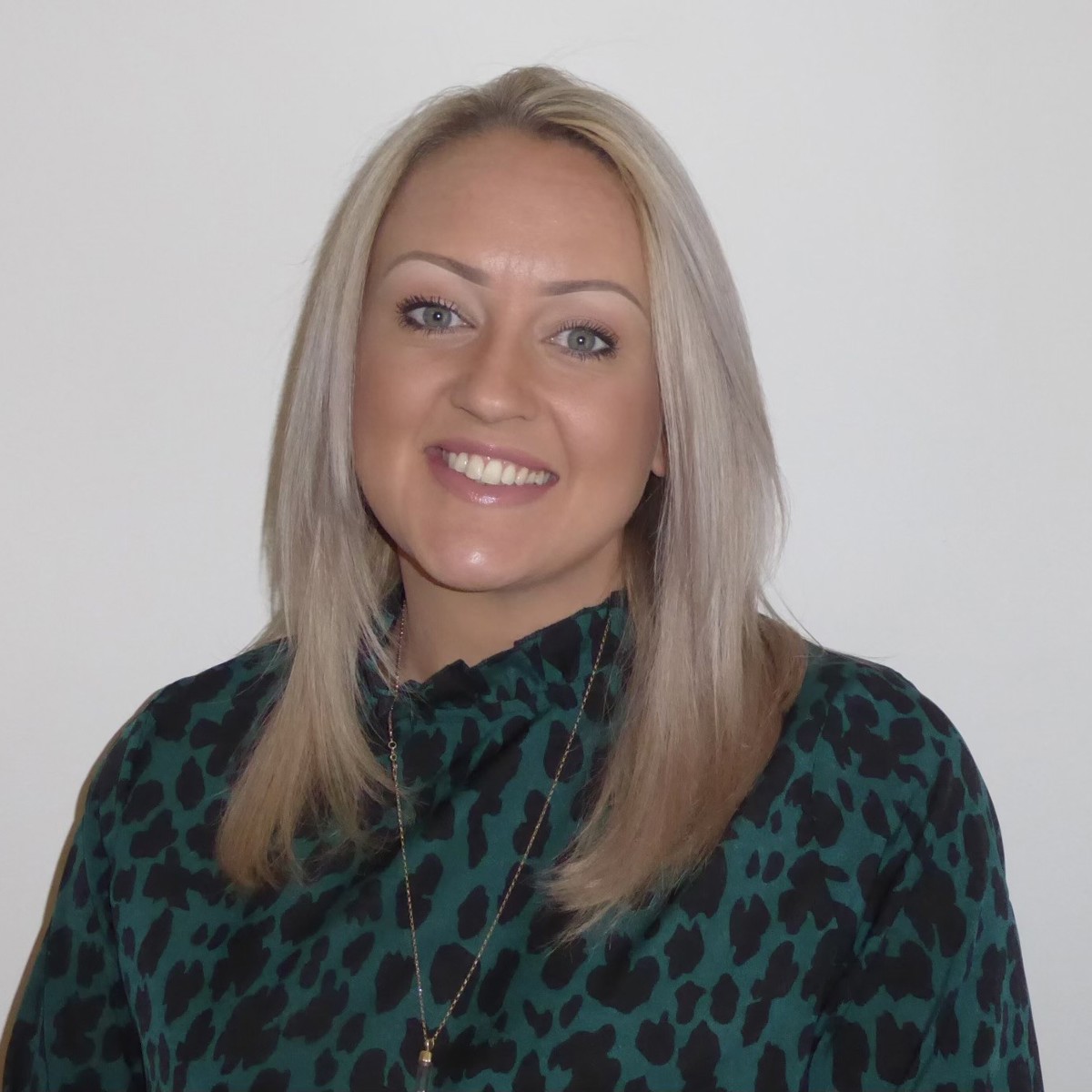“Children are the living messages we send to a time we will not see” – John F Kennedy. Just pause and let that sink in for a moment. While you ponder on that I’d like to tell you a story.
A number of years ago I arrived for work at the secondary pupil referral unit I was employed at, it was a Friday and I’d had really intense week. My workload was mounting and I’d spent the week dealing with some pretty intense safeguarding issues. I was wearing a lot of hats and one of those hats was loco parentis to over 100 children, most of whom were vulnerable.
Side note: Loco parentis – in place of a parent (Collins dictionary)
I took this role very seriously, one of the first conversations I would with a new pupil would be about what that role meant for both of us. I would explain that I would treat them with the same care and attention as I would my own children, I would advocate for them and have their back. But it also meant that if they stepped out of line they would know about it, because I would also hold them to account for their behaviour like I would my own children, believing for and expecting their best. This way of working, not only came from my own passion to see every child presented with the opportunity to succeed, but was modelled by our chair of governors who went out of his way to demonstrate that he valued me too, it became a cultural cycle set by the board that filtered right through to our pupils.
Back to the morning in question, I was sitting at my desk, trying to get on top of the report I’d been attempting to write all week. My office had been like Grand Central Station all morning, then a pupil knocked on the door with what I saw as a poor reason. I ended up barking at her and she effectively ended up with the brunt of my tiredness. She paused and looked at me for a moment in shock and then silently walked away (not her usual response by the way – which made me feel awful). Later that day I found the pupil, expressed how sorry I was and that it was me in the wrong, I told her that I was feeling pretty tired and a bit stressed, but that was no excuse. She looked at me and her eyes filled up. I thought perhaps I’d really upset her. But she went on to say “you getting it wrong and owning it means I can make mistakes as long as I own it too.” Her words freed me in that moment as much as mine freed her.
So, two questions…If children are the “living message we send to a time we will not see” what message are boards sending their staff, and in turn your staff sending to pupils? Is it a balanced message? Are pupils ultimately given permission to get it wrong and learn in the process through the example set?
Next question…how are your staff? How do you know? And do they know how much you appreciate them? In a recent Governing Matters article written by NGA’s stakeholder engagement project team, they speak about the “huge impact” the mental health and wellbeing of staff can have on the school environment and its pupils and emphasise the role the board plays in this through their shaping of the culture and values. Georgina Burt, Child Poverty Action Group’s (CPAG) England Development Manager describes board stakeholder engagement as “seeing the face behind the data” and one of the best ways to achieve this is to be visible to both your staff and their pupils.
Last month I had the honour (and excruciatingly hard job) of judging for the Place2be’s Wellbeing in Schools Awards. There were a range of categories including both adults and children. Reading through the nominations was a precious experience, it highlighted the impact that school leaders, school staff, practitioners and whole schools were having on the lives of children, and it literally spelt out the ‘living message’ these amazing people were sending to a time we may not see. As much as I love John F Kennedy’s quote, I feel it misses something really important, something that was so evident at Place 2be’s Wellbeing awards last week - children can be ‘living messages’ to those around them now. We don’t need to wait until the future, children are supporting their peers now, spreading awareness of mental health and reducing the stigma of seeking support now. They are learning that feeling anxious is not weakness or something they need to hide, but something they can face with courage thanks to the ‘living message’ they are hearing from the amazing staff and practitioners around them.
Another thing that really resonated with me following the Place 2be awards was something the winner of the school leader’s award said. She expressed the fact that she needed to take a moment to stop and take in what had happened - the fact that she was thanked for doing something she was passionate about (and also the very fact that she was getting the opportunity to stop at all!). This was a re-occurring theme throughout the evening, school staff not just doing their job, but quite literally living out their passion, inspiring and sending those living messages out today as well as into a time they may not see.
The Place2be awards re-enforced a truth that is as true today as ever, to value our staff is to value our children.

Fiona Fearon
Head of Policy and Research
Fiona Fearon leads NGA’s policy and research work, ensuring that the value and voice of governance are central to policy-making and represented in national education policy discussions.